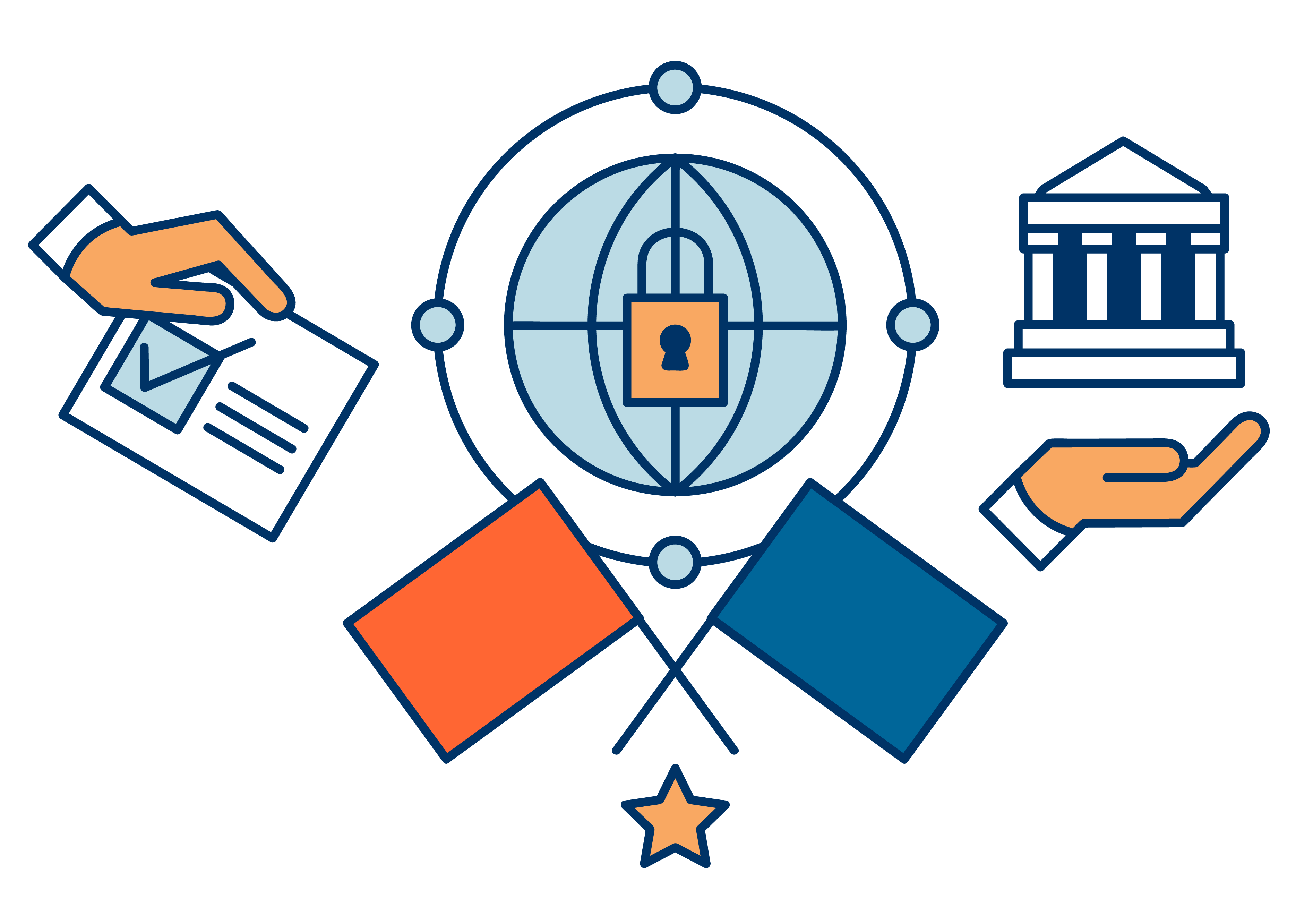Be it the traditional Ballot system of voting or the
modernized EVM's, what is the guarantee that the votes we cast are being
taken into consideration?
How do we know for sure that our votes haven't been disregarded or worse done away with, in case of traditional ballot boxes?
At an individual level, there is no way of verifying the
legitimacy of the counting of votes.
We, the people of the nation are entrusted with choosing
a representative but we have little or no choice when it comes to blindly
following the existing patterns and systems of voting.
To make the system transparent and to guarantee that each
and every vote is accounted for, we can use the newly popularized technology of
Blockchain.
What is a Blockchain?
The technology on which Bit-Coin functions is a blockchain.
Blockchain is a decentralized system where no central
body acts as a governing force.
Unlike the RBI, a centralized body, which regulates all
fiscal policies of the nation and has a final say in the matter, no such body
exists in the case of blockchain.
Blockchain gets its name from the series or network of interconnected blocks which are storehouses of data.
These blocks comprise of:
1. Data or Personalized Information
2. Hash- A unique identification mark similar to a fingerprint
3. Hash of the previous block
The blockchain technology is transparent and can be
accessed by any participatory network or computer to verify its presence and to
verify that no tampering has taken place.
Everyone who part takes in the process would be given a
Public Key and a Private Key, which are a mix of numbers and letter.
For a better understanding, the Public Key is like an
email address that can be shared with anyone. The Private Key is like a
password that is only known to you.
For any transaction or to be part of the blockchain, one
must use their public key only, which protects them from any privacy breaches.
How can blockchain be used in elections?
To make the process of voting transparent and reliable, a
blockchain technology can be employed.
Instead of rolling out election cards with unique ID
numbers for the voters, the voters can be asked to use their Public Key’s to
cast the vote that then become a part of the network of the blocks which
assures that the vote has been casted, registered and can be truly accounted
for.
How can blockchain prevent tampering with
votes?
When you cast votes in a ballot, there are chances that
the ones counting the votes are biased towards a particular political party and
would disregard the ballots of the opposition party, thereby tampering with not
only the votes and people’s trust but also with the future of the nation.
In the blockchain system, every persons’ voting data is
stored in a block with a unique identification number called Hash, which
connects to another such block that stores another person’s voting data along
with the Hash of the previous block.
Therefore, if someone was to tamper with the voting data
of one block, every other block would have to change its configuration which
would reflect a meddle in the process.
Other practical uses of Blockchain
The technology is extensively been used on platforms that
require protection of private data.
For example: Blockchain is used for the platforms that
store soft copies of educational marksheets because they require high security
and protection against any form of breach.
The system is also used in healthcare online platforms by
doctors and medical practitioners so that they can access the medical history
of their patients only when required, thus protecting the patient’s right to
privacy.
The use of blockchain for elections is not an entirely
new concept. It has already been employed in Sierra Leonne, Africa, for the
conduction of elections.
Ever since, other countries have also taken a keen
interest in conducting elections by this transparent and a much reliable
system.
For a densely populated country like India, blockchain
would indeed be a step in the right direction by making elections transparent,
reliable and efficient.
Looking at it from a more realistic perspective, the
technology should be easily accessible to all but given the widening gap
between the rich and the poor and the socio-economic differences in our
country, it could be a herculean task.
However, India first needs to seek an effective strategy
and plan of action to implement the blockchain in upcoming elections of 2024 because
the last thing the country needs is people dropping out of the voting process
because its inaccessible or incomprehensible to them.
Written By - Tushna Choksey
1.











0 Comments